Rating: PG / Runtime: 1 hour and 40 minutes
“The Call Of The Wild” is the rugged frontiersman cousin that wants to liken itself to the live-action remake of “The Lion King” but without the capability to throw down plenty of coin on photorealistic visuals. Disney’s influence being stitched into the fabric of this film is no surprise given that our director Chris Sanders was the writer behind some of the more widely known Disney cinematic treasures. It is very understandable that most of the production budget went to retaining the services of Harrison Ford but plenty of resources were needed to make this CGI something more than unfinished. Each of the animals shown in the film has the glossy finish of a new car which makes it very distracting to see given they are traversing over many lands filled with snow, dirt, and other environmental elements. The dramatic element of this film is lost and never takes off due to how cartoonishly the animals look and move around. The funny irony is that without this lackluster VFX, this film would be a plain dreadful experience cinematically. This adaption tale leans into family-friendly aspirations, trucking down a distant highway from Jack London’s original adventure novel in more ways than one.
Buck, our leading canine, is taken from the relatively easy-going lifestyle he enjoys in California under the graces of a loving family and thrown into the harsh circumstances of being a sled dog stationed in the Alaskan Yukon during the last vestige of the 19th century. After some time, he gets used to the high-paced activity of mail passage and starts to find a place for himself in this untamed world that celebrates grit and strength. Buck feels crafted from the hands of Zeus given all the superheroic qualities he possesses; they include the ability to jump like Mario the Plumber, the strength of a T-800, capacity to not feel pain, running like the speed of sound, and the wondrous flexibility of an Olympic gymnast. If you are going to have your animals depicted like a Looney Tunes cartoon or reminiscent of Scooby-Doo, then take the animation route and be comfortable in that space.
The story drips itself into so many occasions of forceful and cringe-inducing “tugging at your heartstrings” moments that it’s very easy to smell the cheese emanating from the silver screen. Human characters spend so much time talking to the animals that I was waiting for the moment when one of them would start talking back. One scene involves a lead conductor from the sled team telling Buck that they not only carry mail but also memories, stories, and lives, then you get a slow-motion montage of Buck roaming through a town seeing different people from different walks of life looking at envelopes. It is very formulaic in the different narrative beats that it presents and easily foreseeable how it will resolve itself.
Harrison Ford is an undisputed all-time great having delivered some of the more memorable performances and moments we have seen in cinematic history. As a fan, even I was able to tell that he settled for crumbs taking this role. Never during the whole journey do we understand his characterization or inner pain that lead him to exile himself in a cabin out in the middle of nowhere. We get that he lost his son and that the pain put too much of a strain on his marriage, but that’s it as far as development. He is only good enough to be a narrator, an exposition factoid spewing machine, or to pop up out of nowhere to serve as a deus ex machina for Buck when he deals with mistreatment. The draw of this film will be for people (most likely little children) who want to see weirdly designed and unstoppable forces of animals, but coming on the promise of a Hollywood star like Ford is an unfulfilling and hollow expenditure. As a matter of fact, most of the human characters are just window dressing which works horribly for a live-action but would be more welcomed in the animation realm.
If you want to be a good parent and you can stomach a 100-minute draggy and generic piece of fantasy adventure, then take your children because they will have a ball with these dogs and the excitement of certain action sequences. Otherwise, “The Call Of The Wild” puts all of its cards on the table and draws nothing but blanks in the game of film relevancy.

Caless Davis is a Seattle-based film critic and contributor to the Feelin’ Film Podcast. He loves any discussion of film and meeting new people to engage in film discussions on any subject. You can follow him on Twitter and Instagram.

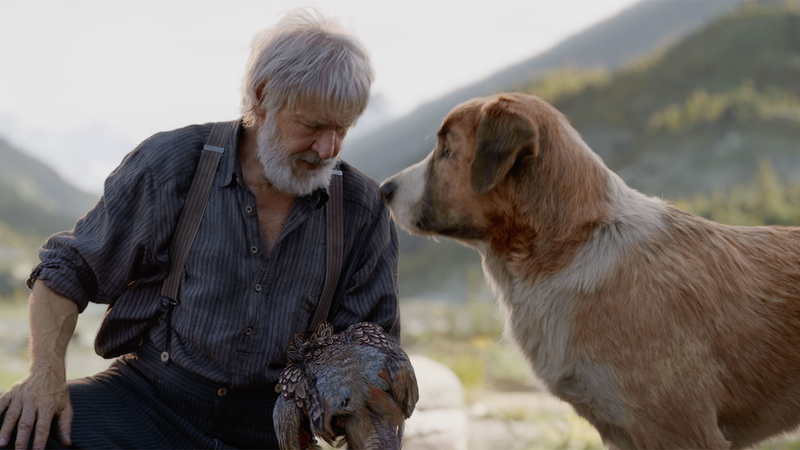



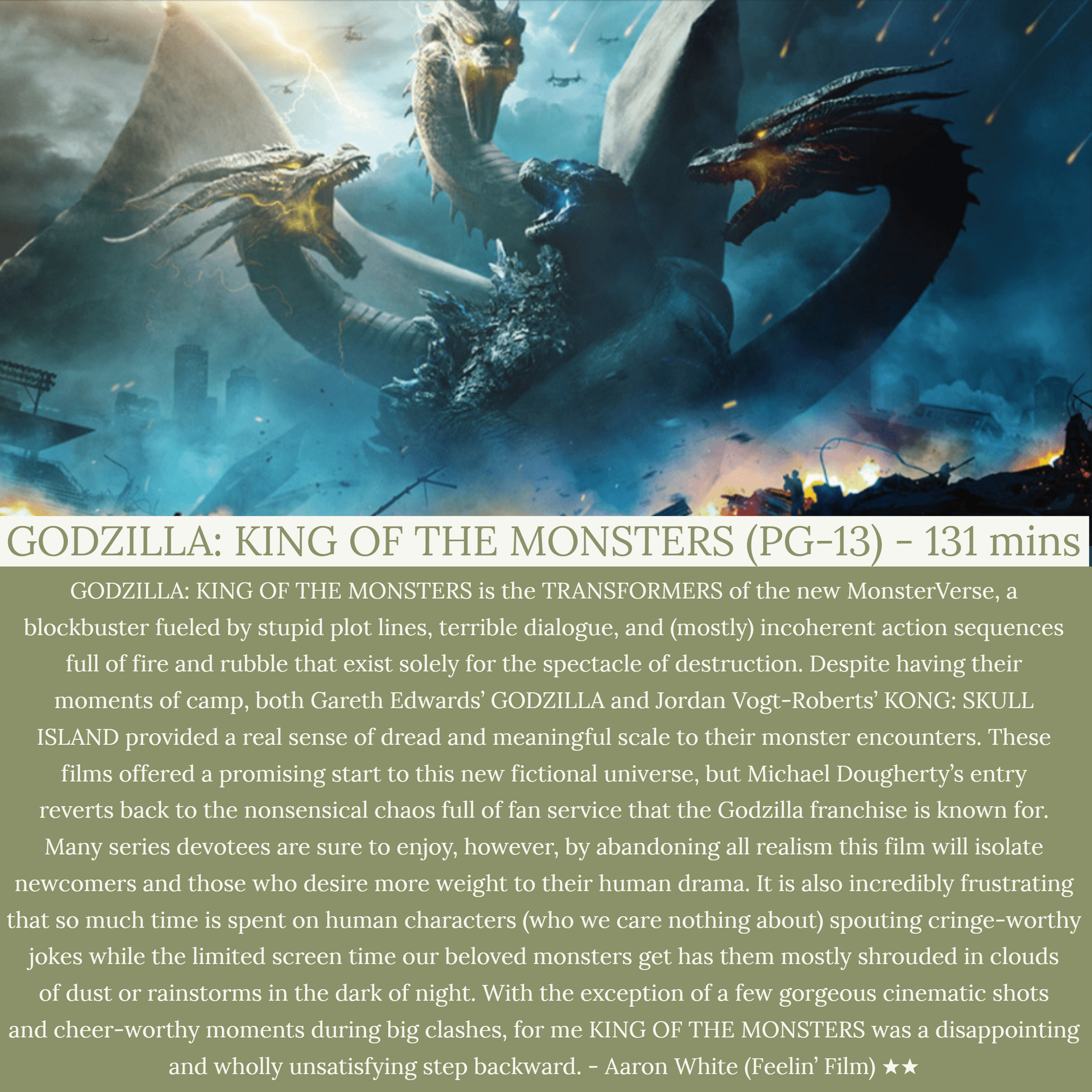
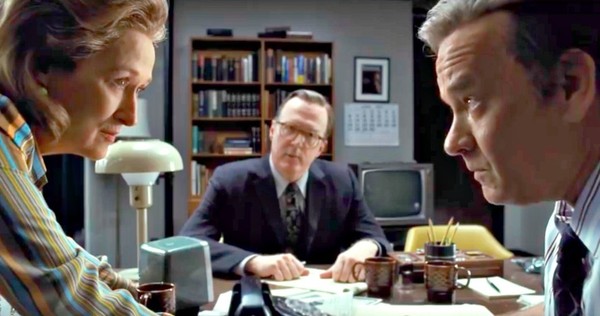

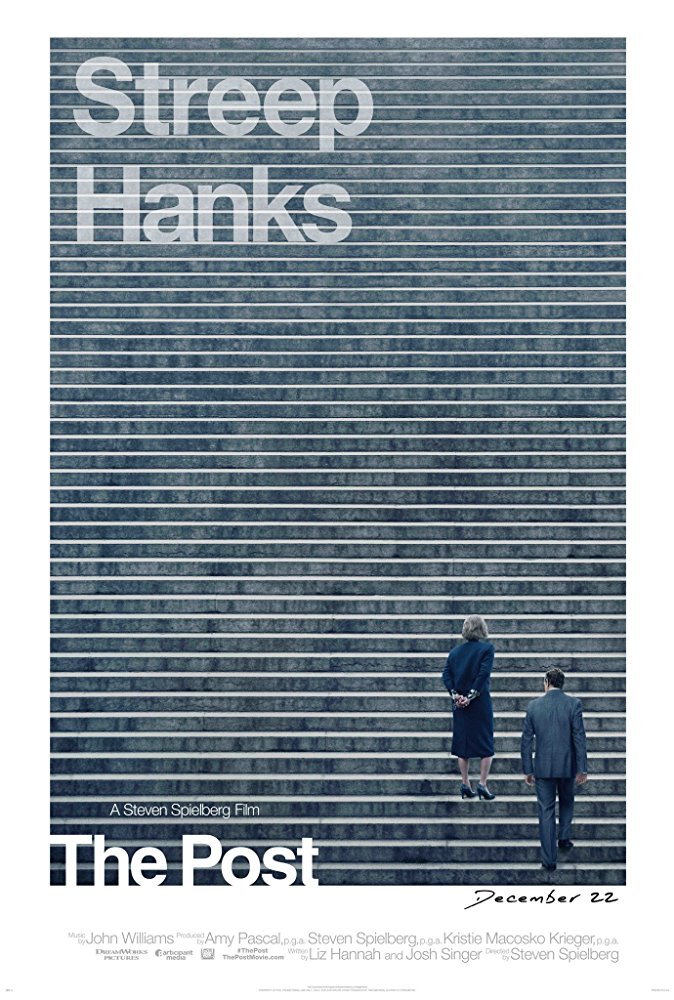


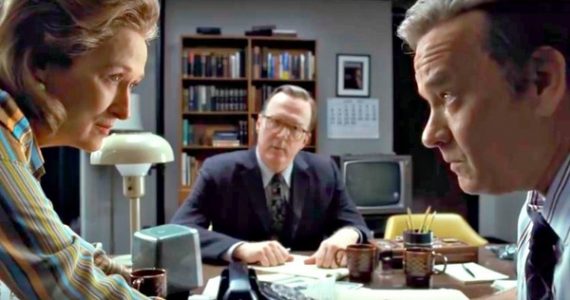
 Aaron White is a Seattle-based film critic and co-creator/co-host of the Feelin’ Film Podcast. He is also a member of the
Aaron White is a Seattle-based film critic and co-creator/co-host of the Feelin’ Film Podcast. He is also a member of the